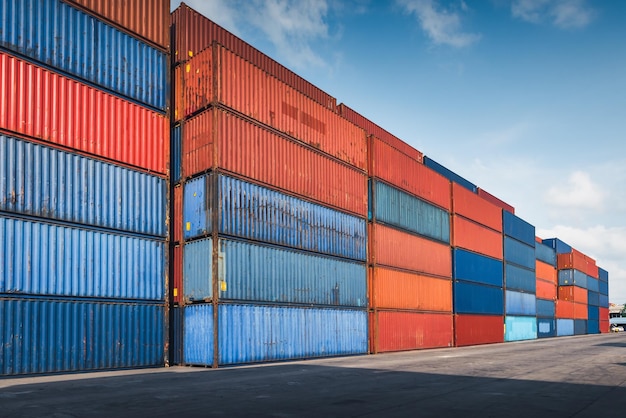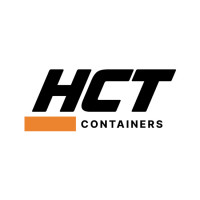Don’t Buy a Shipping Container Until You Check These 7 Things

Strong 8k brings an ultra-HD IPTV experience to your living room and your pocket.
When it comes to storage, a shipping container can be a real companion. It’s time-saving, cost-effective, and offers a secure way to store goods, tools, furniture, etc. You can even convert it into a workspace or tiny home due to its durability, robustness, and ease of setup on your property. But before you go to buy one, there are some essential things you need to consider. Choosing the wrong container or skipping key things can lead to expensive mistakes. So, let’s discuss the seven most important things you should check before buying a shipping container. This can help you make a smart, safe, and stress-free purchase.
The Container’s Purpose
You should be very sure about the main purpose of the container because it will help you decide what type of container is best for your needs. For example, if your storage requirements are minimal, a cheaper container might do the job. But if you are turning it into a home, office, or shop, you’ll need something in better shape. This can also affect what features you want, such as insulation, ventilation, or windows.
So, be clear about your purpose to ask the right questions when shopping easily. It can also help you avoid spending more than you need to.
New or Used Container
Both new and used containers are available on the market. If we talk about new containers, these are more expensive, but usually in brand-new condition. They’ve been used only once for shipping, so there’s little to no damage or rust. In contrast, used containers are more affordable, but they may have wear and tear, like dents, scratches, and rust. It’s important to ask about the container’s history and check its grade, like cargo-worthy or wind and watertight. Also, think about how long you want it to last and how much repair work you’re willing to do.
Inspect the Container Personally
It would be good to inspect the container in person. Walk around it and check for rust, dents, holes, or damage to the floor, top, and sides. Open and close the door to check if they move smoothly or if they require too much force, which could mean the hinges are worn or the frame is bent. Additionally, check the inside for any musty odour, signs of leaks or pests. In case you cannot visit the container, ask the retailer for some detailed photos and videos from different angles, including the roof and floor.
The Right Size Matters
Shipping containers are available in different sizes, such as 20ft and 40ft. 20ft containers are considered standard and can be used for storage, small workshops, or compact office spaces. They’re easier to transport and fit better in smaller spaces like backyards or driveways. On the other hand, 40-foot containers provide double the space and are ideal if you need more space or are looking to convert the container into a living or commercial space. There’s also a high-cube container that gives an extra foot of height, which is useful for storing tall items. Consider your available space and how much storage you actually need, and then choose the size accordingly.
Confirm the Container Is Sealed Tight
If the container is not sealed tight, there’s a high chance of water and pests getting in, which can damage the stored things. One way to confirm the container is watertight is to step inside during the day and close the doors completely. If you see light coming through any part of the container, water and pests can get in.
Container’s Price and Delivery Charges
Think about the container’s price and delivery charges. While the price may be fixed, the delivery charges can vary depending on the distance, location, and equipment used to unload the container. Some sellers include delivery charges in the total cost, while others charge extra, so be sure to ask upfront. In addition to these charges, consider other expenses like taxes, permits, and any site preparation work, such as levelling the ground.
Buy from a Reputable Seller Only
Not all sellers are the same. Some offer quality shipping containers for sale with guarantees, while others may sell damaged or low-quality containers at high prices. Take some time to research the seller before making a purchase. Look for online reviews or ratings, ask for customer references, and check out companies that have been in the industry for several years. Avoid sellers who pressure you to buy quickly without letting you inspect the container.
Summarizing Up
Buying a shipping container can be a smart and flexible solution for many needs, but only if you pay attention to some essential things. By understanding the purpose, inspecting the container’s condition, choosing the right size, and considering other factors, you can avoid costly mistakes and find the perfect container for your needs. Remember–don’t rush into a deal without checking these crucial things. Your little research can ensure you get a container that’s safe, useful, and worth it.
Note: IndiBlogHub features both user-submitted and editorial content. We do not verify third-party contributions. Read our Disclaimer and Privacy Policyfor details.


